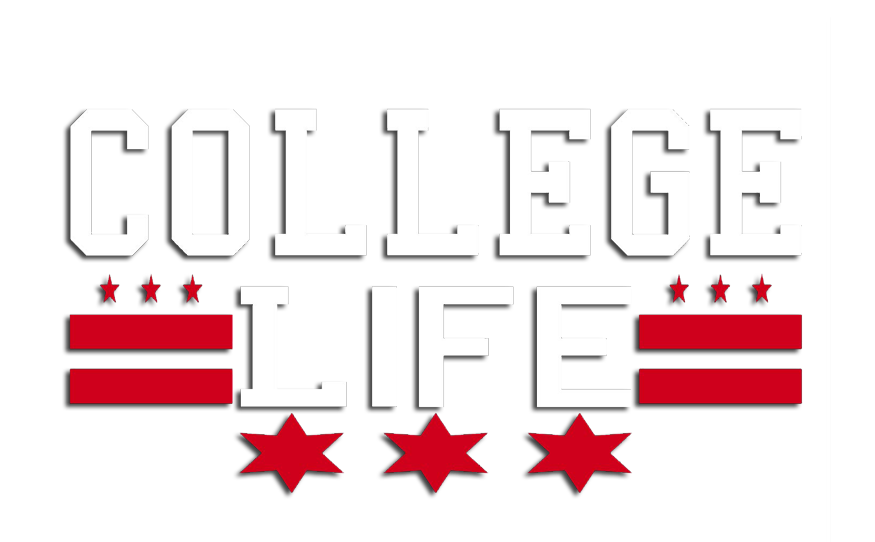Anthony “Harv” Ellison, the Nine Trey Gangsta Bloods member who kidnapped 6ix9ine in July 2018 in an incident that made headlines worldwide, was sentenced to 24 years in prison on Wednesday.
The sentence, issued by Judge Paul Engelmayer, came after Ellison was convicted of the kidnapping in a fall 2019 trial. He was also convicted of another act of Nine Trey-related retaliatory violence: a bloody Oct. 2018 slashing that was part of a war between Ellison’s faction of Nine Trey and one that included 6ix9ine’s then-manager Kifano “Shotti” Jordan.
There were some people in the Manhattan courtroom, but because of the coronavirus, many, including this reporter, listened to the hearing by phone. While some of the talk in court on Wednesday was about the kidnapping, much of it centered around the slashing. The victim, Mark Hobdy, was an innocent bystander who was close friends with Ellison’s original intended target.
“The slashing of Mark Hobdy is one of the most brutal acts of violence in this case,” said Assistant US Attorney Michael Longyear. “Mr. Ellison felt it incumbent upon himself that he would get close to a friend of the person who committed the act, and that was the case here.”
Ellison’s attack caused a gash that took 300 stitches to close, the government explained. It also left a large permanent scar. “The personal nature to walk up to someone and open up their face is truly horrifying,” Longyear continued.
Judge Engelmayer agreed. He said that Hobdy “was entirely a blameless person,” caught between Ellison and Jordan in an intra-gang war. The judge noted that he had not seen any empathy from Ellison for his victim.
“You carved up a human being’s face for no reason other than to send a message,” Engelmayer told Ellison. “You personally scarred Mark Hobdy for life.”
When Ellison’s attorney, Deveraux Cannick, got a chance to speak, he criticized 6ix9ine harshly.
“If he didn’t bring violence to Nine Trey, then he certainly profited mightily from it,” Cannick said of the rapper, noting that he had joined the gang solely to enhance his image. The attorney brought up examples of crimes the gang had committed to advance 6ix9ine’s career. “He did those things because it helped him to the tune of millions of dollars,” he said. And as for what Ellison did? “The actions that are attributed to him pale in comparison to Mr. Hernandez, and what Mr. Hernandez was doing to promote himself. Mr. Hernandez was far more engaged with violent behavior and promoting violent behavior than Mr. Ellison.”
Ellison himself spoke about halfway through the proceeding. He gave a rambling, often-halting 15-minute speech in which he badmouthed his own lawyer Cannick (“It was inconsistent counsel; he did nothing that I told him to do”), quoted Theodore Roosevelt, called his time at the Metropolitan Correctional Center detention facility “insane,” and mentioned how he used to record himself every time he re-entered New York City from elsewhere because of paranoia stemming from a childhood encounter with an abusive NYPD officer.
“I’m not an angel, but I’m not a monster, either,” he told Judge Engelmayer.
The judge agreed. He pointed out that the praise Ellison received in letters for his community-mindedness, good deeds, and love of family didn’t match the person seen at trial.
“It is as if, like a modern Dr. Jekyll and Mr. Hyde, you were living two separate lives,” the judge said. “By day, you had gainful employment and were trying to give back to society. By night, you were running with Nine Trey and terrorizing and brutalizing antagonists, real or imagined.”
Engelmayer’s 288-month sentence, to be followed by five years of supervised release, was less than the 360 months to life that the government was seeking. There was, the judge explained, somewhat of a reduction due to the extra-harsh conditions that coronavirus had imposed on prisoners over the past seven months. But in the end, Ellison needed to serve a long sentence because of his “horrific” crimes.
Anthony Ellison’s sentence is the longest of any defendant in the case so far, exceeding the 15 years for Jordan, the 17 year sentence for convicted Nine Trey drug dealer (and friend of Cam’ron) Aljermiah “Nuke” Mack, and the 20 years given to Aaron “Bat” Young, who admitted to shooting Shane “Snow Billy” Hardy in early 2018. The case’s remaining defendant, Kintea “Kooda B” McKenzie, who pled guilty to helping to carry out a 6ix9ine-orchestrated plan to shoot at Chief Keef, is scheduled to be sentenced on November 17.Sign up for the Complex Newsletter for breaking news, even


